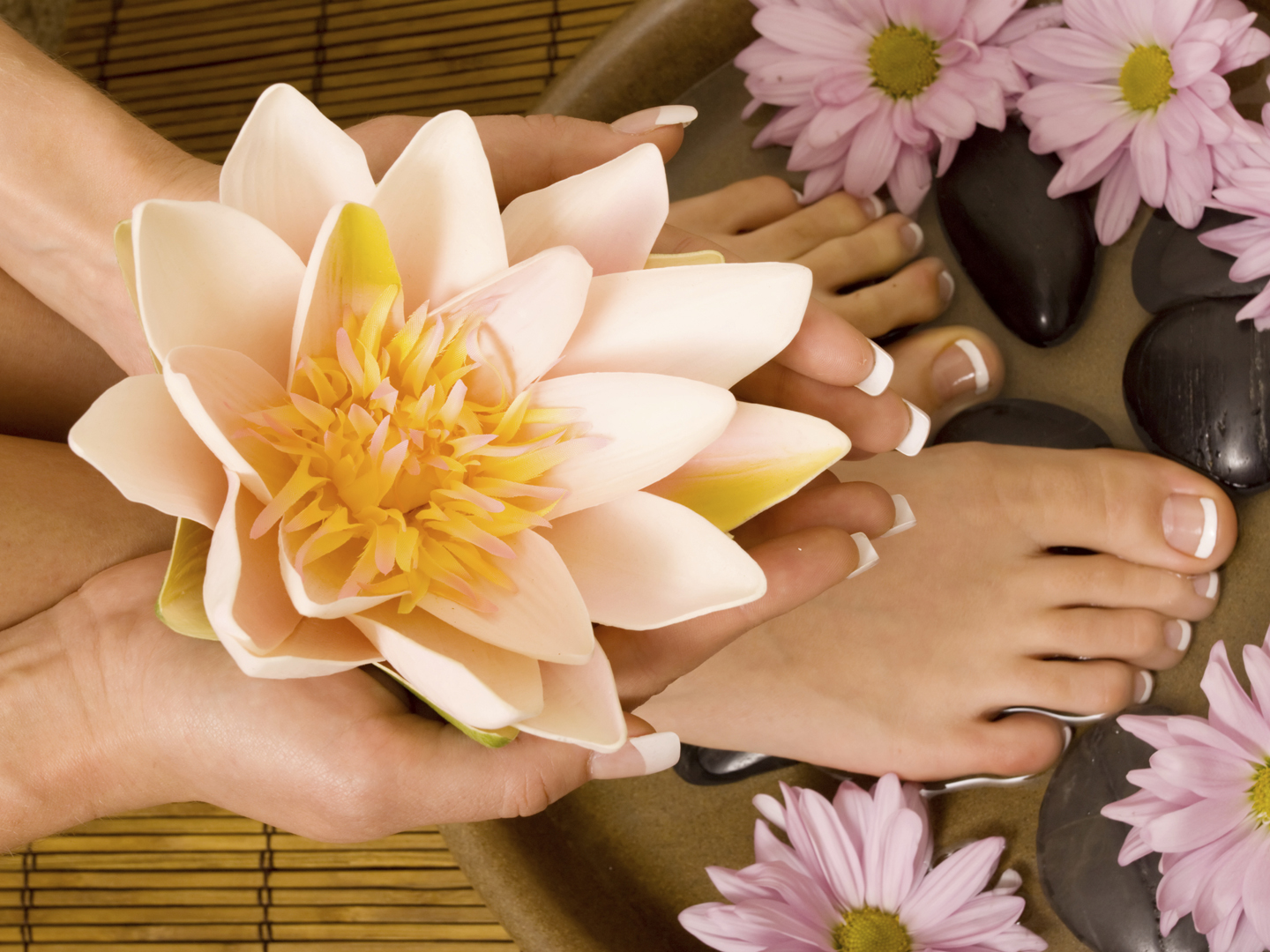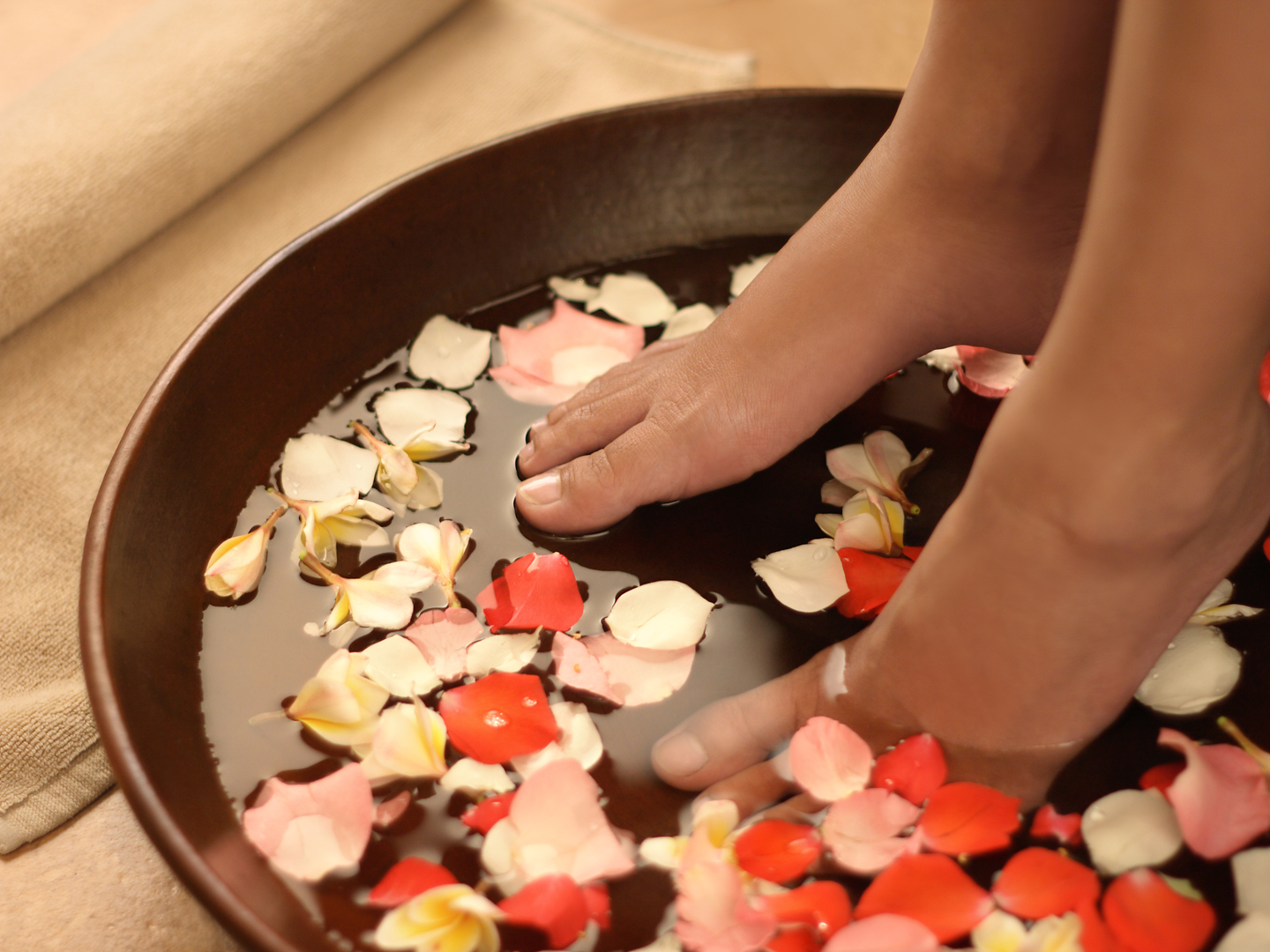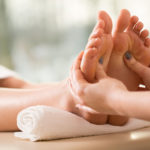Best Steps for Foot Care?
My mom is diabetic and says her feet burn sometimes. She hasn’t found anything that will help. Is there anything that she can do?
Andrew Weil, M.D. | March 25, 2004

People with diabetes often develop problems with their feet. The burning your mother is experiencing is a common sign of diabetic neuropathy – damage to the nerves in the feet – as a result of impaired circulation. This process can also lead to a loss of feeling, which can increase the possibility of injury and infection. For this reason, diabetics should check their feet every day (even the bottoms, using a mirror if necessary) and report any sign of injury to their doctors. In addition, their feet should be examined by a physician (or other health-care provider) at least once a year, more often if they have problems – including burning sensations.
Most important, of course, is to make sure that blood sugar is under control. Even if your mother is insulin-dependent, she might benefit from taking GTF chromium (start with 200 micrograms a day), and herbs such as Asian bitter melon (Momordica charantia), prickly pear cactus (Opuntia spp), and ayurvedic gurmar (Gynema sylvestre). To help prevent and treat diabetic neuropathy, I recommend taking alpha lipoic acid as a supplement. This antioxidant can enhance glucose uptake and inhibit glycosylation, the abnormal attachment of sugar to protein. Start with 200 mg daily and increase gradually. You can go up to a maximum of 1,000 mg per day.
Finally, I suggest that your mother try acupuncture, which may help relieve the burning, and follow the foot-care tips below recommended for everyone with diabetes:
- Wash your feet daily with lukewarm water and mild soap; dry well, especially between the toes.
- Use a cream or lanolin lotion to keep the skin of your feet smooth; talk to your doctor about any cracks in the skin.
- Never walk barefoot.
- Don’t let your feet get too hot or cold.
- Don’t wear shoes without socks (avoid sandals and other open-toed shoes).
- Avoid high heels and shoes with pointy toes.
- Wear well-padded socks or stockings that are one-half inch longer than your longest toe; avoid stretch socks, those made from nylon and those with elastic bands or inside seams.
Andrew Weil, M.D.








